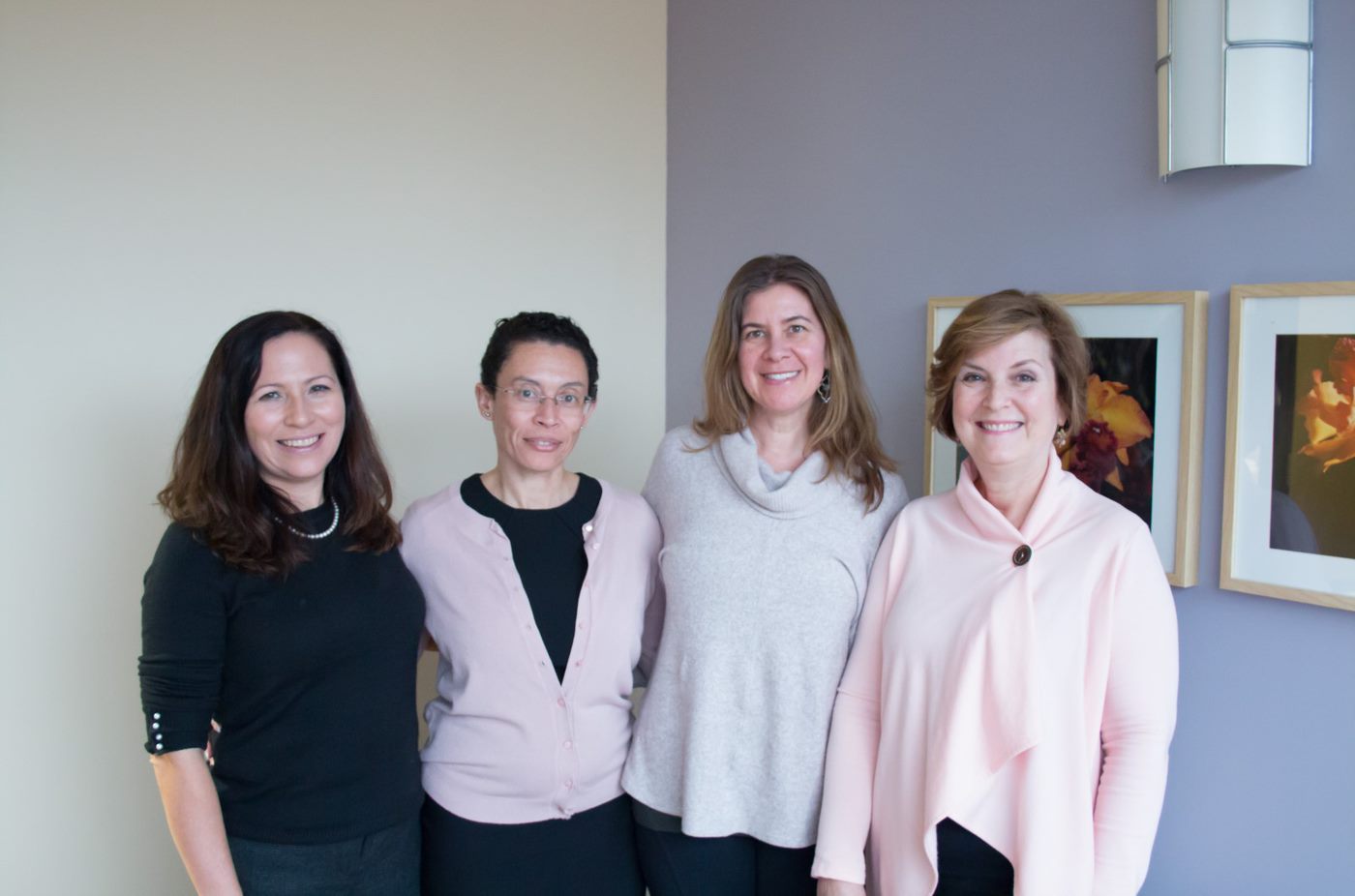Tips to Evaluating Integrative Health Information
| By Nick | 0 Comments
Trusting the Experts – 3 Tips to Evaluating Integrative Health Information
Author: Daryl Nault
If you have ever attended an educational seminar, clinical workshop, or read an editorial written by a clinical professional, you’ve likely been exposed to expert advice. More than ever, experts may also share information online through blogs, vlogs, and even social media. Policymakers and the general public also place stock in expert advice, so it can also have considerable influence on public health measures too.
Expert advice (or opinion) generally refers to evidence, information, or guidance given by someone who’s work has made them an authority in their field. Clinical experts could be academics, specialists, or practicing clinicians, who have spent a considerable amount of time studying one area of interest. However, that doesn’t mean that everyone calling themselves an expert truly meets these criteria.
So, how do you know whether a piece of so-called expert advice is worth implementing in your practice?
When experts present valid, relevant, evidence-based information, it can be incredibly useful. Unfortunately, not all expert advice meets these criteria, so it is up to you to critically appraise the information being provided.
On the other hand, you may also find that others look to you for expert advice, and you want to be sure you’re giving valid and reliable information to them too. Luckily, the same appraisal guidelines can be broadly applied in both situations.
Whether you’re appraising or giving expert advice, your foremost concerns should be on three things: transparency, balance, and accessibility.
Transparency
Good expert advice should be clear on what is fact, and what is simply an opinion. If this is difficult to discern, proceed cautiously. Ideally, expert advice should only rarely be based on opinion, if at all. The information or facts being claimed should be well supported by relevant and applicable scientific evidence, rather than subjective findings like testimonials. The information provided should also be accurate and verifiable. If there is any question, check out similar resources. Do they align with what is being reported? If not, consider seeking out an additional reference or two to be sure.
You want to look for resources that are clear about the reason they are presenting the information. For example, the purpose of this resource is to provide a general guideline for a clinical audience in writing and appraising expert advice. At the end of this piece, we will also invite you to join us for a more comprehensive Professional and Continuing Education course if you would like to further improve your ability to write evidence-based information as an expert in your field.
Balance
Alternative viewpoints, limitations, and methodologies should be discussed. If the expert or website is only providing positive or negative evidence in support of their claims, important information is possibly being omitted. Clinical applications should also be considered. Providing warnings where a modality or treatment is not evidenced to work well, or caveats to seek out the advice of your medical practitioner, shows that the author understands the relationship between clinical application and research evidence.
This may go without saying, but the expert should have some authority in the field they are reporting on, and the credentials to match. No matter how expert someone is in a field though, they should never insist that their answer is the only answer available. Red flags should go up if the expert is not open to the possibility that they may be wrong, or if they expect others to follow their lead without question.
Accessibility
The advice should be intellectually accessible for the target audience. Be aware when experts use overly technical or complex language. This could indicate poor communication skills at best, or at worst, it could be a sign that the authors are trying to obscure the details.
The evidence authors reference should also be physically accessible to the intended audience. If the evidence being cited is entirely behind a paywall or otherwise inaccessible, readers are left without the ability to cross-reference the information being conveyed. Once information is no longer verifiable, and readers can only take the author’s word at face value.
Technically, anyone can call themselves an expert and give advice. As a clinician, others may naturally look to you to be the expert. Your clinical responsibility as an expert is to share information in a way that is transparent, balanced, and accessible.
Establish Yourself as a Credible Resource in Integrative Health
If you are looking to hone your evidence-based writing skills, you may be interested in our online, mentor-led Scientific Writing for Integrative Health Professional and Continuing Education course. This unique course is designed to help you improve the way you communicate evidence-based research with a lay or clinical audience, to help you become a trusted, educated, and authoritative resource for others in the field of integrative health.
Communicating Evidence-Based Research: Scientific Writing for Integrative Health
Online, Self-Paced, Mentor-led Course
Translating evidence-based health information is difficult, even for experienced health practitioners. Join this comprehensive six-module course with the support of an experienced mentor, and we’ll get you started in creating evidence-based compositions that you will be proud to share with your clinical community.
References and Additional Resources:
Investigating Public trust in Expert Knowledge: Narrative, Ethics, and Engagement. Journal of bioethical inquiry, 14(1), 23–30. doi:10.1007/s11673-016-9767-4
Massicotte A. (2015). When to trust health information posted on the Internet. Canadian pharmacists journal : CPJ = Revue des pharmaciens du Canada : RPC, 148(2), 61–63. doi:10.1177/1715163515569212.
National Center for Complementary and Integrative Health. Finding and Evaluating Online Resources. (n.d.). Retrieved November 14, 2019, from https://nccih.nih.gov/health/webresources
National Institute on Aging. Finding and Evaluating Online Resources. (n.d.). Retrieved November 14, 2019, from https://nccih.nih.gov/health/webresources
Nault, D., Beccia, A., Ito, H., Kashdan, S., & Senders, A. (2018). Health Information Discrepancies Between Internet Media and Scientific Papers Reporting on Omega-3 Supplement Research: Comparative Analysis. Interactive journal of medical research, 7(2), e15. doi:10.2196/ijmr.8981
Sbaffi, L., & Rowley, J. (2017). Trust and Credibility in Web-Based Health Information: A Review and Agenda for Future Research. Journal of medical Internet research, 19(6), e218. doi:10.2196/jmir.7579Camporesi, S., Vaccarella, M., & Davis, M. (2017).


